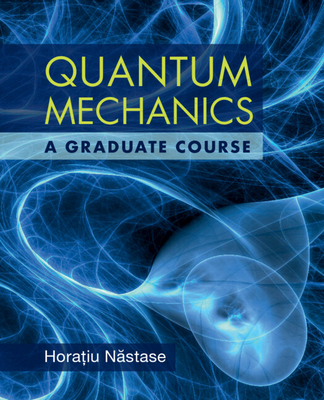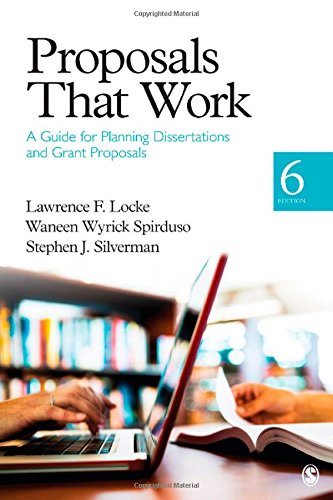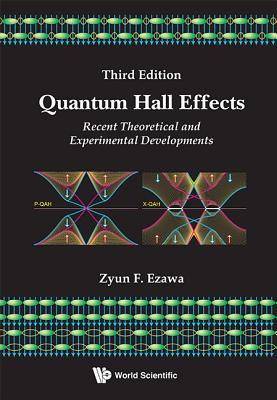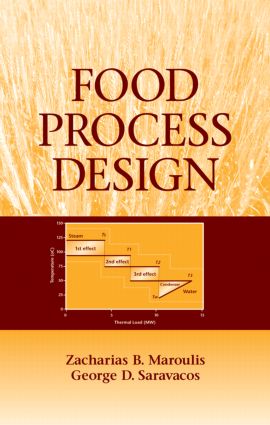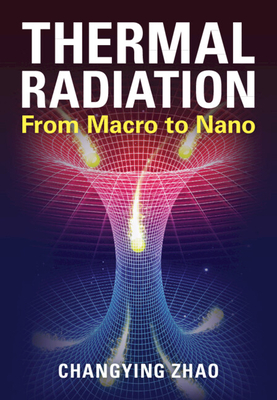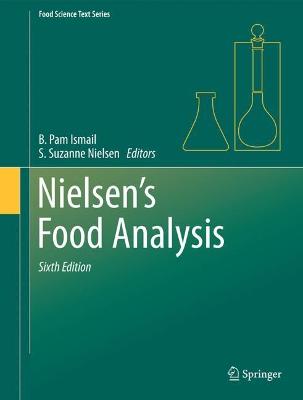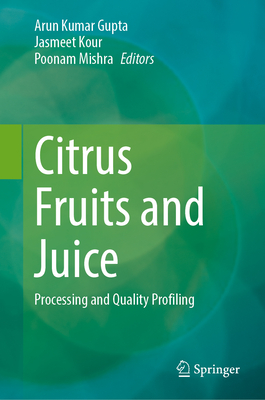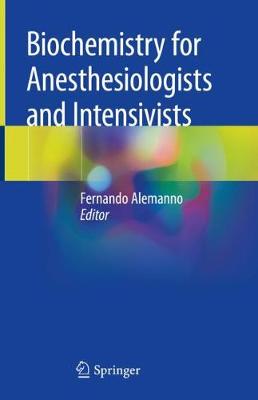
Biochemistry for Anesthesiologists and Intensivists
麻醉师与危重病学专家的生物化学
麻醉学
¥
1951.25
售 价:
¥
1561.00
优惠
平台大促 低至8折优惠
发货周期:外国库房发货,通常付款后3-5周到货
作 者
出版时间
2019年11月04日
装 帧
精装
页 码
300
语 种
英文
版 次
2020
综合评分
暂无评分
- 图书详情
- 目次
- 买家须知
- 书评(0)
- 权威书评(0)
图书简介
This book discusses and explains the importance of biochemistry knowledge in understanding what happens to patients during anesthesia and/or to those being in intensive care. It covers a wide range of topics, such as Cerebral Edema, Shock, Blood-Brain Barrier, The Pulmonary surfactant, The Acid – Base equilibrium, Local anaesthetics, Perineural adjuvants, Normobaric Oxygen Therapy, Theories of Narcosis. Hyperventilation effects and consequences are also presented. For instance, by hyperventilating a patient with a PaCO2 significantly below 25 mmHg, we risk blocking pyruvic acid carboxylation and transforming it into oxalacetic acid, which in turn knocks out the Krebs cycle, possibly leading to a complication, i.e. to metabolic acidosis and not to compensation for respiratory alkalosis. It is also worth remembering that vitamins are actually molecules of pretty considerable potency and should not be simply intended as integrators. If we inject a patient under intensive care with vitamin C, this not only plays a capillary-protective role but facilitates the conversion of dopamine to noradrenaline. As far as vitamin B6 goes, not only is it the most natural of antiemetics but the coenzyme responsible for transforming glutamate as one of the most powerful excitatory mediators into GABA, one of the fiercest inhibitors. Anesthesiological and intensive care practice require a detailed biochemistry knowledge to avoid onset of complications and/or to deal with unexpected events promptly and appropriately.The book is intended for anesthesiologists, intensivists, anesthesia teachers, anesthesia trainees and residents.
本书暂无推荐
本书暂无推荐
